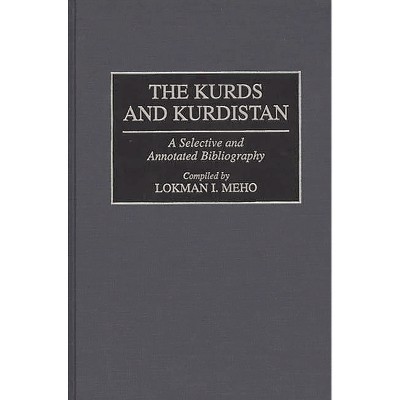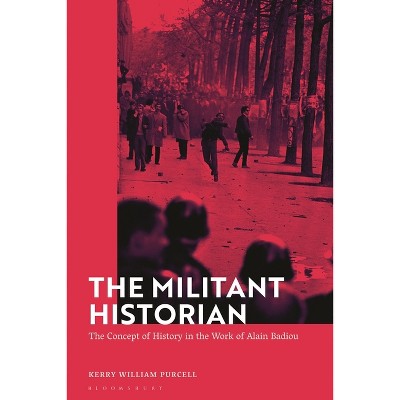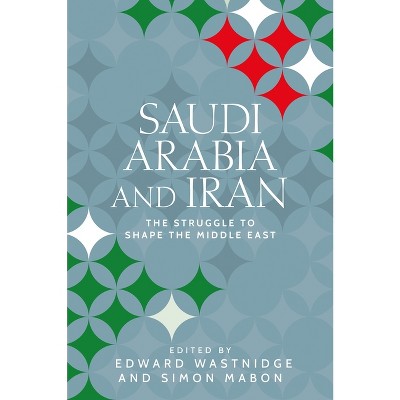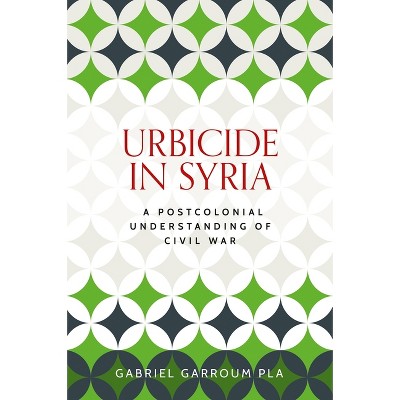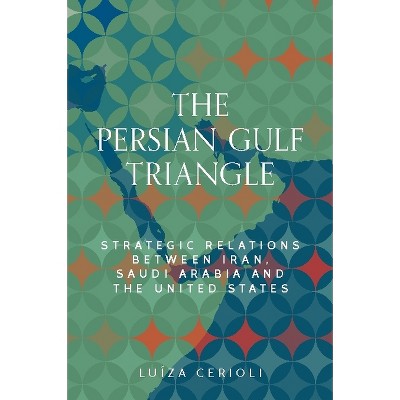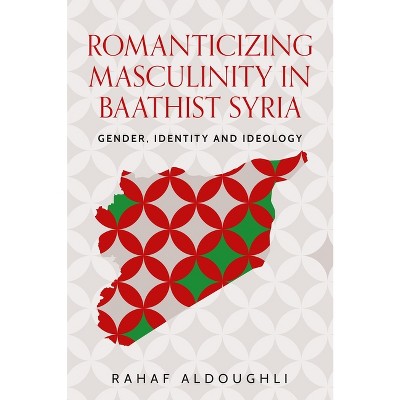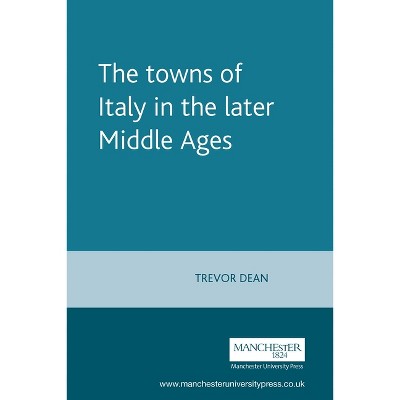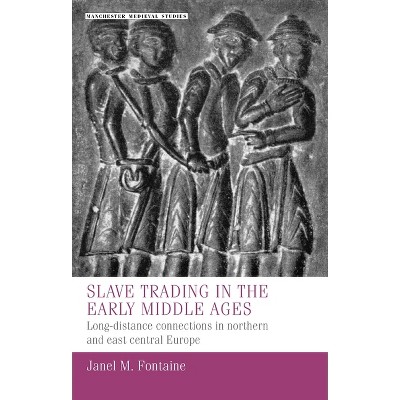Sponsored

International Relations in a Multipolar Middle East - (Identities and Geopolitics in the Middle East) by Francesco Belcastro & Edward Wastnidge
In Stock
Sponsored
About this item
Highlights
- This volume explores the international relations of today's Middle East, a region that has become increasingly multi-polar.
- About the Author: Francesco Belcastro is a Senior Lecturer in International Relations at the University of DerbyEdward Wastnidge is a Senior Lecturer in Politics and International Studies at the Open University
- 208 Pages
- Political Science, World
- Series Name: Identities and Geopolitics in the Middle East
Description
About the Book
This edited volumes engages with the concept of multipolarity in the MENA region, and it does so by using a broad range of theories and approaches.Book Synopsis
This volume explores the international relations of today's Middle East, a region that has become increasingly multi-polar. The tumult following the Arab Uprisings has expanded the arenas competed over by regional powers, global actors and non-state players. The United States, once seemingly intent on a hegemonic 'Pax Americana' has stepped back, leaving powers such as Russia, China, India and the EU, with opportunities to increase their reach and expand their influence. Meanwhile, regional rivalries and alliances have continued to shape conflict and cooperation in the Middle East. As global politics moves towards a new, multipolar era, this volume sheds important light on how this transition will impact on the region. Comprised of two macro sections that offer theoretical reflections and empirical case studies, this volume is essential reading for scholars of the politics and international relations of the Middle East.From the Back Cover
The Middle East and North Africa is a region that has become increasingly multipolar and fragmented. The tumult following the Arab Uprisings has expanded the arenas competed over by regional powers, global actors and non-state players. As global politics moves towards a new, multipolar era, this volume sheds important light on how this transition will impact on the Middle East.
The book provides a unique engagement with the concept of multipolarity and its different meanings, showcasing new and compelling case studies on the politics and international relations of the Middle East. Using a wide range of theories and methodologies, contributors engage with the different facets of multipolarity and its effects on the region. Regional dynamics, the role of external powers, and relations with neighbouring regions all contribute to shape the multipolar Middle East. Through its combination of innovative theoretical and empirical analyses, International Relations in a multipolar Middle East makes a timely and important intervention in debates about the present and future of international relations within the Middle East, and about the region's place in a shifting world order.
Offering a novel insight into an underexplored yet increasingly important area of global politics, the volume gives a platform to underrepresented voices and perspectives in International Relations scholarship.
About the Author
Francesco Belcastro is a Senior Lecturer in International Relations at the University of Derby
Edward Wastnidge is a Senior Lecturer in Politics and International Studies at the Open University
Shipping details
Return details
Trending Non-Fiction


